Lynn McMullen, campaign director for the Department of Peace welcoming statement:
Today at 12 noon, Congressman Kucinich introduced a piece of legislation to create a Department of Peace within the United States Government. This concept was developed by Congressman Kucinich to bring the opportunity of nonviolence into the structure of the United States government. I want to take a moment and introduce you to Congressman Kucinich and then I'm going to let him make some brief remarks about the bill.
Congressman Kucinich is a dynamic visionary leader of the Progressive Caucus of the Congressional Democrats. His holistic world view carries with it a passionate commitment to public service, peace, human rights, workers' rights, and the environment. His advocacy of a Department Of Peace seeks not only to make nonviolence an organizing principle in our society, but to make war archaic.

This is the second time this bill has been introduced in the House. It was first introduced July 11, 2001. The reason it was introduced then is that I had been very active in the House in challenging the Clinton administration and the bombing of Serbia and saw the way that policy came about. I questioned whether or not that approach was the most effective and most responsive to the challenges that were confronting the people of Serbia at the time. I began to reflect on the fact that in the 20th century, there were 100 million people who have perished in wars, most of them civilian non-combatants.
not only the inevitability of war, but in the hopes that we can make nonviolence an organizing principle in our society. Dr. Martin Luther King, Jr., his whole life was about looking at the challenges of violence in our society, social violence, economic violence. It seems to me this is the
perfect time, considering the hour, for us to question the assumptions that we have about our culture, this society, and about the world as to whether or not war should be considered inevitable. And when we're looking at our domestic condition, we recognize that the level of violence in our society is seldom challenged in a comprehensive, pragmatic way.
awareness of nonviolence as being a path toward sustaining our country and the world.
issues of human scarcity which often cause war to percolate. Issues like poverty and lack of food or water. Or the many reasons why wars proliferate need to be looked at and the Secretary of Peace would offer nonviolent conflict resolution strategies. And looking at these issues of human security. Whether the conflict's created for religious, ethnic, racial, or is class-based in origin, derives from economic concerns, including trade or maldistribution of the wealth. Or as I mentioned is initiated during disputes concerning scarcity of natural resources.
McMullen: Thank you very much, Congressman Kucinich. I'm going to introduce Marianne Williamson to the editorial writers and media professionals on the call. Marianne Williamson is an internationally acclaimed author and lecturer around the United States and the world. She has published seven books, four of which, including the mega best seller A Return to Love, have
been number one New York Times bestsellers. In 1989, Miss Williamson co-founded Project AngelFood, a meals on wheels program that serves homebound people in the Los Angeles area. Today Project AngelFood serves over a thousand people each day. Marianne Williamson also co-founded the Global Renaissance Alliance and she is currently leading a citizen's advocacy campaign to bring the Department of Peace Legislation into law. Welcome Marianne Williamson.
bill's presence. I, and many more like myself, are prepared to work tirelessly Over the weeks and months, and if need be, years ahead, to create the political will to turn this bill into law. Conditions in the world today have motivated an entire generation to look beyond our immediate circumstances to fundamental issues regarding war and peace, particularly our need to create peace on earth as a requisite for human survival.
QUESTION: Hi Dennis, I was wondering if you would be including in this plan, the idea of having possible work done in high schools for countering military recruiters and providing another path for young people to maybe harness their idealism into something other than the military recruiters, which are basically so pervasive, and like the only way to get to college is going through the military?
QUESTIONER: Yes, balance would be a better word there. Thank you for that.
QUESTION: This is probably on everyone's mind. This is a proposal for a cabinet-level position and in light of what is going around with the current cabinet, how would you foresee the outcome of this playing out if this Peace Department was a cabinet position under the current adinistration?
important in terms of resolving conflict. It would be good for the President to have an entire department at his disposal, who he could go to and say, "Look, is there any other way we can deal with this other than armed conflict?" That would be the job of the Department, to give the President those options. He doesn't have those options. Or if there's maybe one voice that gets squelched inside of an administration without a Department of Peace, it's very difficult for a President to do anything other than use military might.


